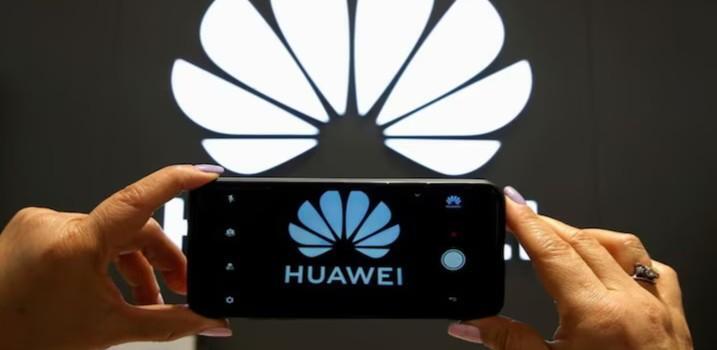
Use of Huawei AI Chips a Violation of Our Export Laws: US
The ongoing trade war between the United States and China has taken a new turn, with the US President Donald Trump’s administration issuing a warning to global companies to refrain from using China’s Huawei’s AI chips. The administration has taken this step citing concerns that the use of these chips could violate US export control laws.
According to a new guideline released by the US Commerce Department, Huawei’s Ascend 910B, 910C, and 910D chips are subject to strict export controls. The guideline states that these chips were likely “designed with certain US software or technology”, which means that their use could be in violation of US export laws.
This development comes at a time when the global technology industry is increasingly relying on AI chips for various applications, including artificial intelligence, machine learning, and data analytics. Huawei, a Chinese technology company, has been a major player in the AI chip market, and its Ascend 910B, 910C, and 910D chips are considered to be some of the most powerful and advanced AI chips available in the market.
However, the US administration’s warning to global companies to refrain from using Huawei’s AI chips has raised concerns about the potential impact on the global technology industry. The warning is seen as part of the US administration’s efforts to limit Huawei’s access to the global technology market, as part of its broader strategy to counter China’s growing technological prowess.
The US administration’s warning to global companies is based on the US Commerce Department’s new guideline, which classifies Huawei’s AI chips as “emerging and foundational technologies” subject to strict export controls. The guideline states that these chips are “designed with certain US software or technology” and are therefore subject to the same export controls as other US-made technology products.
The US administration’s warning to global companies to refrain from using Huawei’s AI chips is seen as a major blow to the Chinese technology company, which has been struggling to regain its reputation in the global technology market following a series of controversies and disputes. Huawei has been at the center of a global trade war between the US and China, with the US administration accusing the company of being a national security risk due to its alleged ties to the Chinese government.
The US administration’s warning to global companies to refrain from using Huawei’s AI chips is also seen as part of its broader strategy to counter China’s growing technological prowess. The US administration has been concerned about China’s growing ability to develop advanced technologies, including AI, and has been taking steps to limit China’s access to the global technology market.
The US administration’s warning to global companies to refrain from using Huawei’s AI chips is also seen as a major blow to the global technology industry, which has been relying heavily on Huawei’s AI chips for various applications. The use of Huawei’s AI chips has been widespread in the global technology industry, and many companies have been using these chips for various applications, including artificial intelligence, machine learning, and data analytics.
However, the US administration’s warning to global companies to refrain from using Huawei’s AI chips has also raised concerns about the potential impact on the global technology industry. The warning is seen as part of the US administration’s efforts to limit Huawei’s access to the global technology market, as part of its broader strategy to counter China’s growing technological prowess.
In conclusion, the US administration’s warning to global companies to refrain from using Huawei’s AI chips is a significant development in the ongoing trade war between the US and China. The warning is based on the US Commerce Department’s new guideline, which classifies Huawei’s AI chips as “emerging and foundational technologies” subject to strict export controls. The warning is seen as part of the US administration’s efforts to limit Huawei’s access to the global technology market, as part of its broader strategy to counter China’s growing technological prowess.






